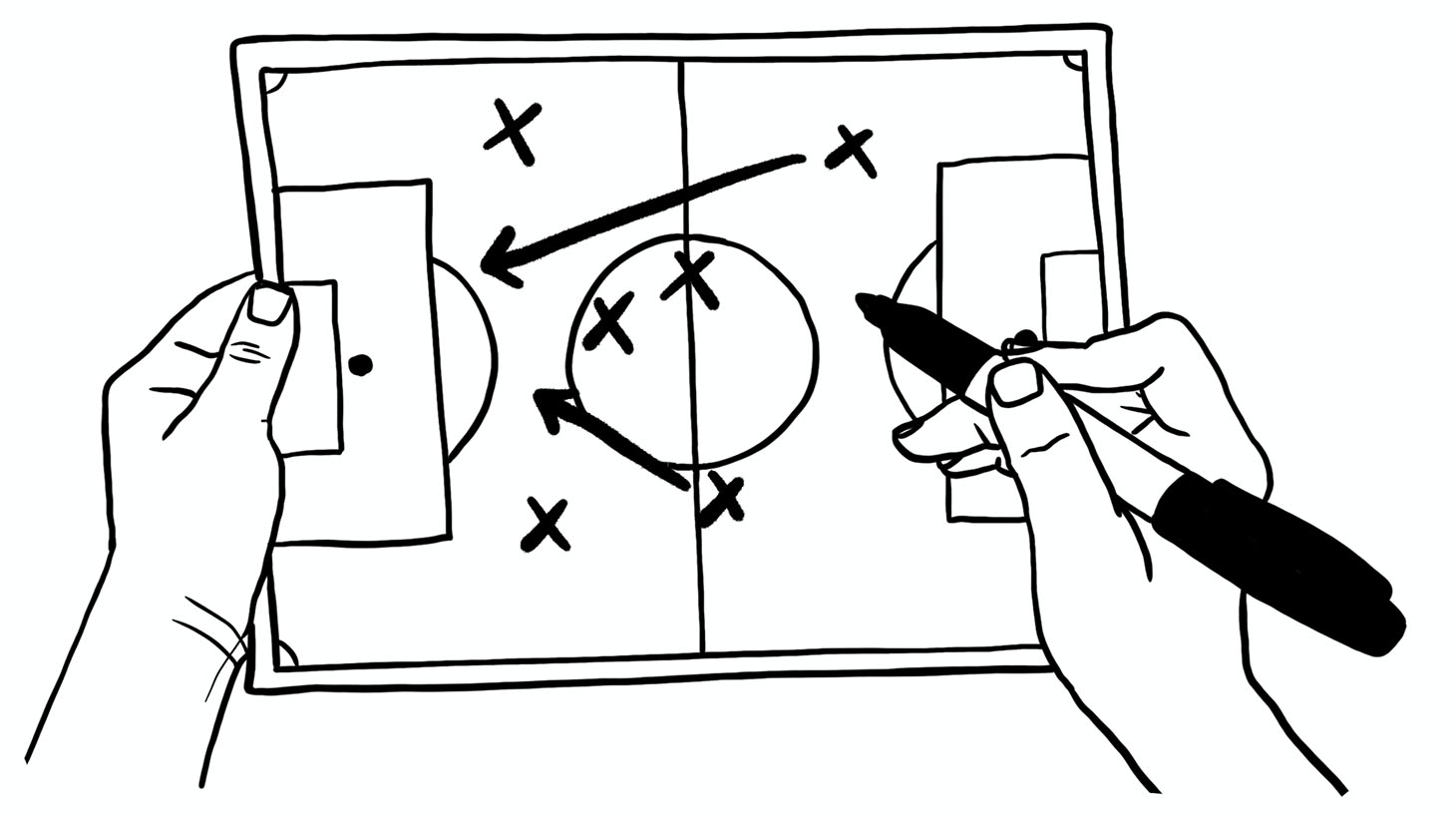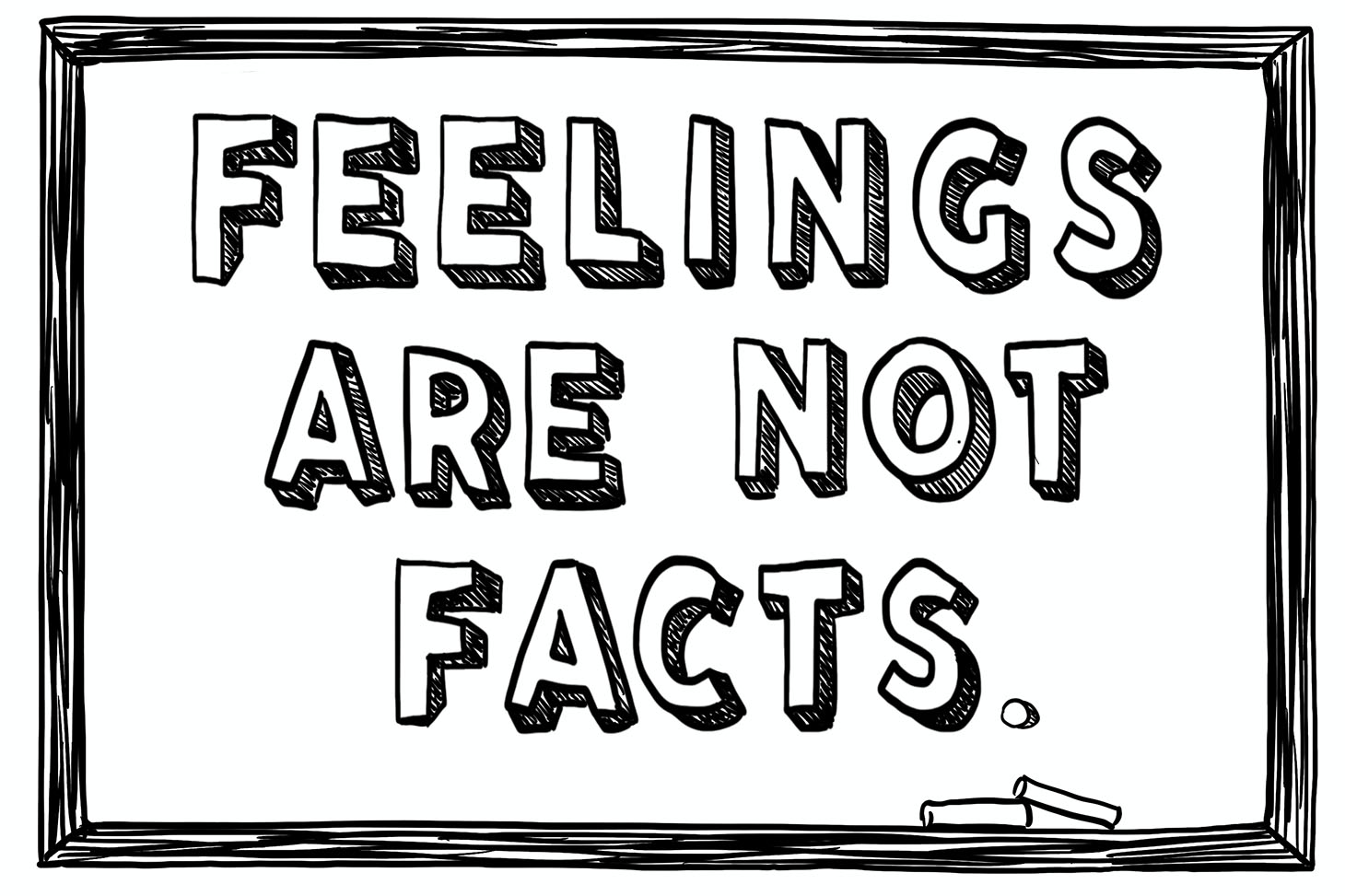The Game of Life: Our strong defense.
November 15, 2022
November 15, 2022

In sports, there is a saying that goes: "The best offence is a strong defense.“ For those of us who aren’t ardent fans of the local sportball team, the gist of it is that protecting yourself from the other team’s attack is the foundation of winning.
And don’t we all want to be winners?
So too do we get trained in the game of life because, let’s be honest, we’re also told that living is competitive. Born as fresh slates, we diligently run drills through childhood – be quick with the tongue to avoid punishment, make up a story to avert blame, twist the facts to avoid embarrassment…all the while learning how to "win" as individuals amidst our caregivers, schoolmates, and strangers.
And we trained well – learning to spot perceived attacks from a distance and reacting with honed instincts. But emerging from a childhood gauntlet of bullies and bystanders, we all eventually step out into the world as adults.
Our pasts aren’t ever really left behind. All of these developmental experiences come along with us into adulthood, forming a foundation for what comes next. So when a colleague does something that gets our hackles up, our defensive prowess can unwittingly kick in. Before we know it, we can find ourselves slipping into our well-practiced signature moves. It’s in our biology.
This is defensiveness: a reaction that is dispensed without any conscious thought in our brain’s valiant attempt to protect us from harm. The good news? This is a biological response rooted in a fierce commitment to our survival. The bad news? Sometimes our brains scream, "Danger!" when we’re not really at risk – and then things get complicated.
As we get older and (hopefully) more mature, we ought to consider asking ourselves, is this reaction actually appropriate? Like we’ve explored before, conflict doesn’t have to be a competition.
A defensive stance tends towards escalation. Is this truly the direction we want to steer things? What is more important to us: having the last word, or finding resolution amidst conflict?

If we perceive an attack where there actually isn’t one, our defensive stance kicks in. Be it from a conditioned response stemming from the game of life or a deep-set aversion to something like embarrassment, this unreasonable response actually creates bigger problems than whatever might have ignited it.
To quote Theodore Dreiser, the American novelist:
"Our civilization is still in the middle stage. Scarcely beast, in that it is no longer guided by instinct. And yet scarcely human, in that it is not yet wholly guided by reason."
In a modern world where we do not face risk of death as urgently as our ancestors did, we need to be mindful that our ancient biology might not be perfectly attuned to current ways of being. Sometimes our perception of safety is inaccurate, and this can provoke disproportionate responses to the actual situations we face.
Feelings are not facts.
For most of us, our home is no longer the open savannah; instead, it is within dense cities and towns. We learn to adjust to the changing environment. And we can help each other with that.
Developed from over 40 years of conflict resolution experience, mediation specialist Janet Schmidt is your guide in our core online course Dealing with Defensiveness. She shares practical teachings from her own life and work, from which you can explore how to better work with your biology in the modern world.
Whether you are continuing the lifelong work of managing your own triggers or wanting to learn how to deal better with someone else’s, this course provides a foundation for mutual understanding and being more skillful in relationships.
We all deal with defensiveness, so why not learn to do so with a little more ease?